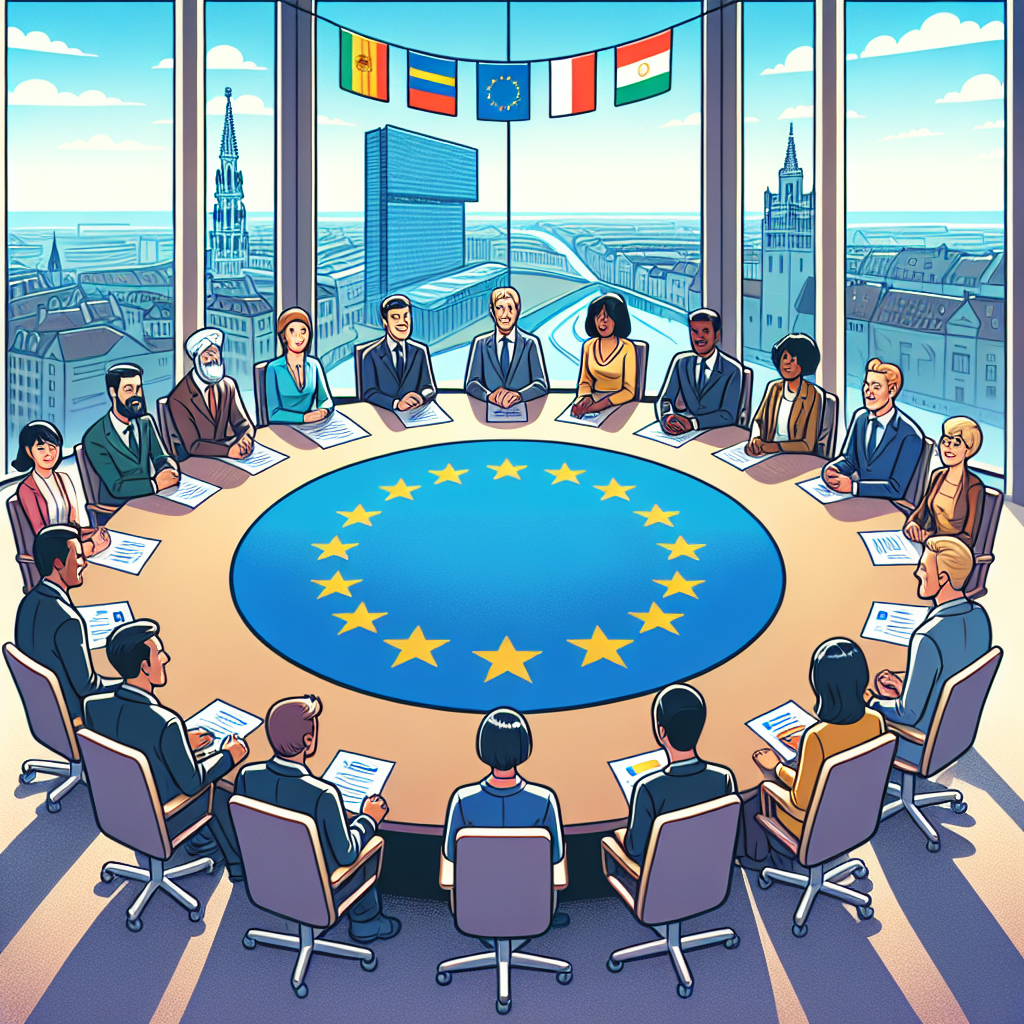EU Leaders Debate Use of Frozen Russian Assets for Ukraine Aid
EU leaders reached a consensus to address Ukraine's financial needs for the next two years but did not approve a plan to use frozen Russian assets for a substantial loan to Ukraine. The decision was impeded by Belgium’s demand for legal assurances. A formal legal proposal is expected by December.

European Union leaders convened on Thursday, resolving to address Ukraine's financial necessities for the ensuing two years. Despite the solidarity, they refrained from endorsing a contentious plan involving the utilization of frozen Russian assets to fund Ukraine's needs, primarily due to legal concerns highlighted by Belgium.
The Belgiam-based financial institution, Euroclear, possesses the assets which many EU member states had hoped to employ for a €140 billion ($163.27 billion) aid package to Ukraine. However, Belgium's need for legal guarantees prevented immediate progress, leading leaders to seek further options for financial support by December.
Ukrainian President Volodymyr Zelenskiy urged the EU for swift action, emphasizing emergencies such as air defense and critical military positions. Meanwhile, Belgium insists on shared risk among EU nations and legal clarity over the plan's execution. Discussions continue as EU officials remain optimistic about resolving technical issues.
ALSO READ
-
European Allies Push for Quick Use of Frozen Russian Assets for Ukraine Aid
-
Starmer Pushes for Swift Action on Frozen Russian Assets
-
European Leaders Urged to Utilize Frozen Russian Assets for Ukraine Defense
-
Britain and Allies Push to Utilize Frozen Russian Assets for Ukraine Peace Efforts
-
Belgium's Dilemma: Legal Risks of Using Frozen Russian Assets









